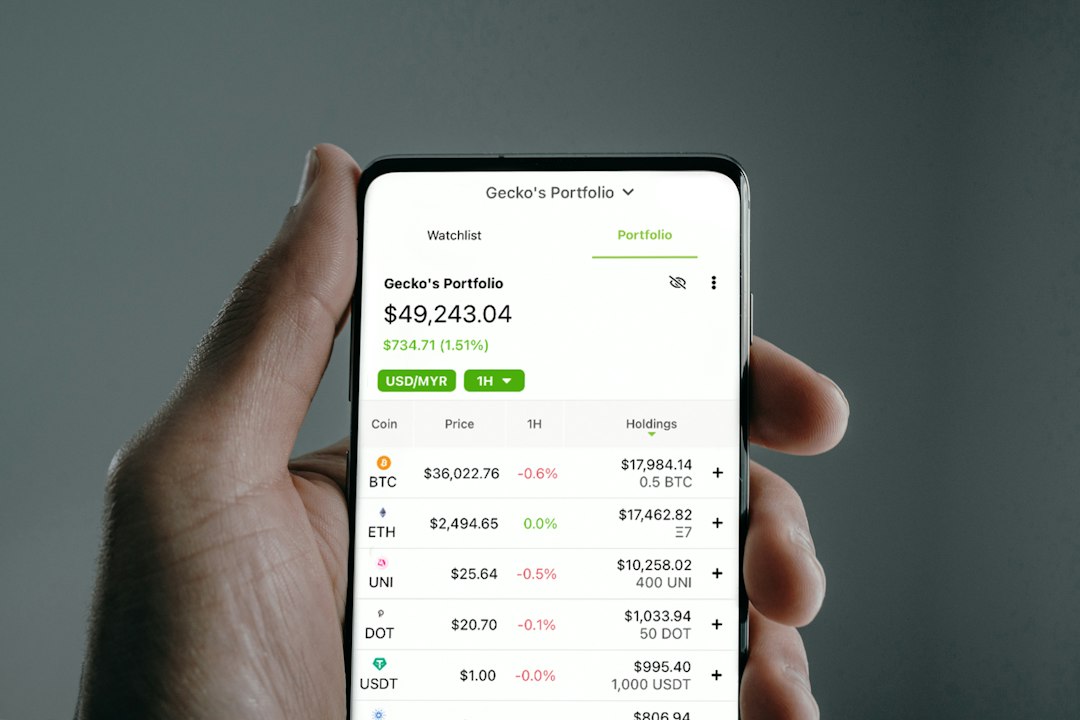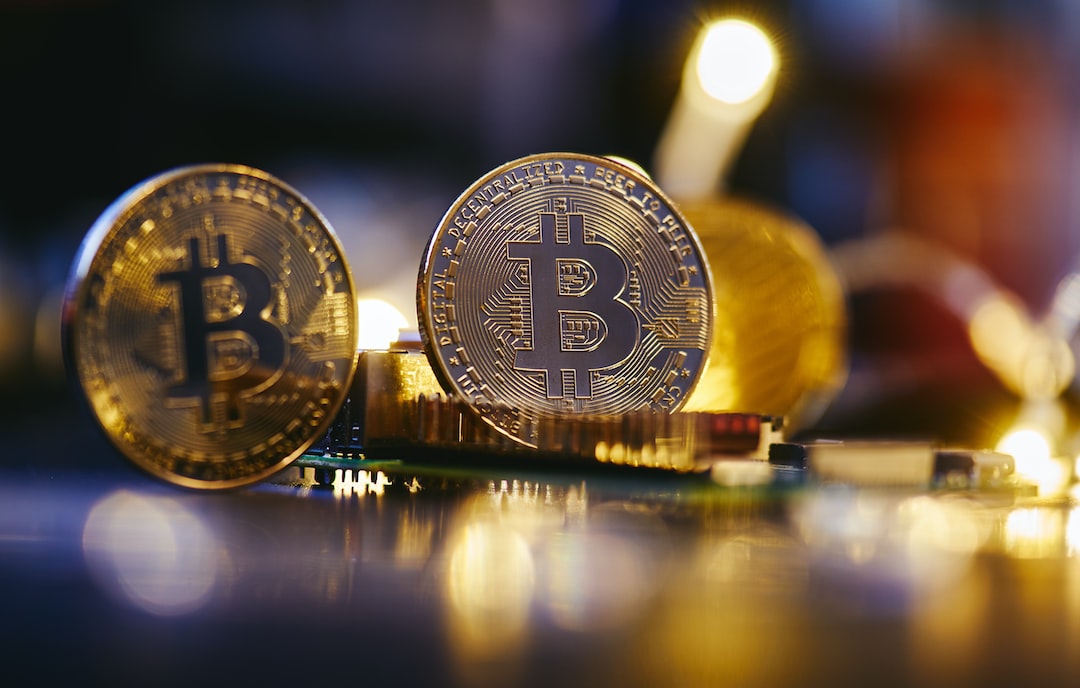Ethereum’s Vitalik Buterin Proposes Higher Gas Limit to Improve Network Capacity
Ethereum co-founder, Vitalik Buterin, has suggested increasing Ethereum’s gas limit to enhance the network’s capacity and reduce user expenses. The gas limit refers to the maximum amount of gas allowed in a single block and is essential for smooth transaction execution on the Ethereum blockchain. Currently, the gas limit stands at 30 million, but Buterin proposes a modest increase to approximately 40 million, aiming to improve transaction inclusion and overall network throughput.
Considerations of Increasing Gas Limit
While increasing the gas limit could boost network performance, it also presents risks. Larger blocks require more processing power, potentially leading to chain splits and abandoned blocks. Nevertheless, Ethereum has experienced a gradual increase in the gas limit over time, reflecting the need for improved network capacity.
Rising Gas Fees and Community Reactions
Recent data reveals a significant increase in Ethereum gas fees, leading to dissatisfaction among users. Basic transactions have become costly due to rising gas fees, creating a demand for solutions. Buterin’s proposal has garnered mixed responses within the Ethereum community, with some supporting the increase in the gas limit. However, others urge caution and emphasize the need for a comprehensive approach to target various factors affecting network capacity and transaction costs.
Potential Implementation and Impact
If implemented, Buterin’s proposal would not require a major network update or hard fork. Validators could modify specific parameters in their node software to effectuate the change. This adjustment could result in reduced transaction costs or increased network capacity with similar costs, potentially leading to more burn. The success and implications of this proposal remain to be seen.
Hot Take: Ethereum’s Gas Limit Increase Proposal
Ethereum co-founder Vitalik Buterin’s suggestion to raise the gas limit in the network has generated both support and caution within the community. By increasing the gas limit, the network’s capacity could improve, leading to lower user expenses and enhanced transaction efficiency. However, this adjustment also carries potential risks, such as increased energy consumption and the possibility of chain splits. Nevertheless, the rising gas fees on the Ethereum network have created a need for immediate action. Whether the proposed increase in the gas limit will be implemented and successfully address these concerns remains uncertain. The Ethereum community eagerly awaits further developments regarding this matter.





 By
By
 By
By
 By
By
 By
By
 By
By